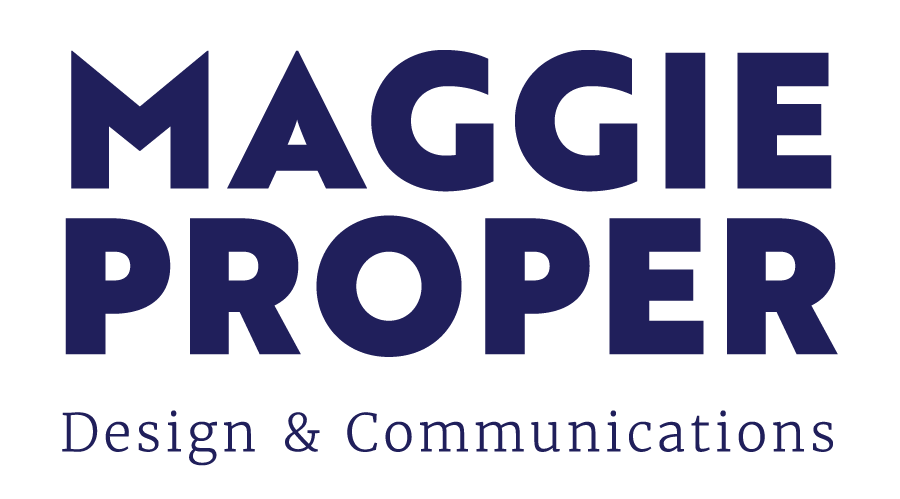Staying Real in a Filtered World
As social media continues to evolve, one thing has become clear: authenticity isn’t just appreciated; it’s expected. In a space that’s saturated with curated content and increasingly shaped by artificial intelligence, it’s getting even harder to tell what’s real and what’s just really good at pretending.
Not long ago, the biggest goal for brands and creators was simply to get noticed. That often-meant polished posts, perfect images, and carefully worded captions. But today, people are craving something different. They want to feel a connection. They want to know if there’s a person behind the profile and not just a cleverly programmed AI tool.
We’ve entered a digital landscape where AI can write captions, generate faces, reply to comments, and even fake video calls. While some of that can be helpful, it also makes genuine human interaction feel rare—and really valuable. When people speak in a human voice; one that’s clear, conversational, and sincere, it cuts through the noise. It invites interaction. And over time, it builds credibility. Whether you’re a brand, a creator, or just someone sharing your life, the most meaningful content often comes from honesty.
The rise of AI has only amplified this. It’s easier than ever to automate posts or generate copies that sound impressive. But people can sense when something lacks human touch. It might be grammatically correct and aesthetically pleasing, but it doesn’t always feel real. And in a digital space that moves fast and often feels impersonal, that feeling matters.
Transparency, too, plays a huge role in how we connect. When a brand owns a mistake, or we get to see the behind-the-scenes reality of something, that kind of openness resonates. It makes the content more believable and the people behind it more relatable. That kind of honesty builds long-term engagement, not just one take wonder.
For college students navigating both personal and professional social media, the takeaway is simple: be intentional. Use tools like AI to support your creativity, not replace your voice. Focus less on being perfect and more on being clear, honest, and human.
So next time you hit “post,” ask yourself: does this sound like me? Or am I just echoing what I think the internet wants to hear? Because in a world full of noise, your real voice matters more than ever.


